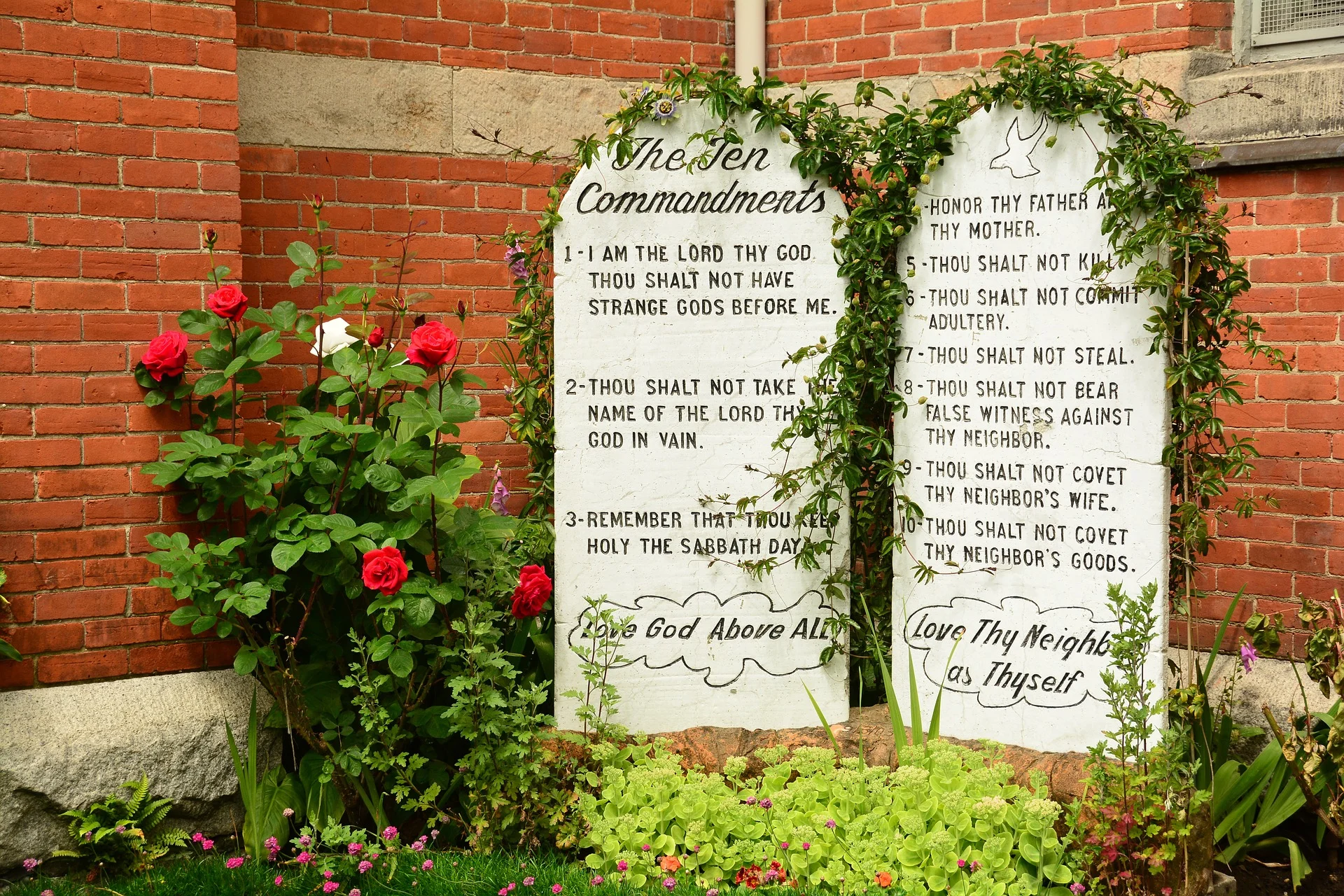Traits of A Godly Person: Virtue (Moral Excellence)
It is time to get back to my Traits of A Godly Person, series. I have spent several weeks dwelling on other topics and working through my own discouragement over the circumstances of life. There are still bad things happening out in the world, but in order to walk upright through the difficulties we need to remember whose we are and what is expected of us.
Image by Andrew Martin from Pixabay
Superheroes are usually looked at as individuals who are virtuous. We usually look up to them as examples to follow for goodness towards humanity and of course saving our butts when we are in a bind.
This week I would like to look at the characteristic of virtue. We do not hear this word very often any more in the world we are living in. In order to understand why this is, let’s look at how Webster’s Online Dictionary defines it.
1 - conformity to a standard of right; a particular moral excellence
2 - a beneficial quality or power of a thing
3 - a commendable quality or trait
4 - a capacity to act
Let’s take a look, once again, at how virtue is used the 2 Peter passage.
“And beside this, giving all diligence, add to your faith virtue; and to virtue knowledge;”
If you remember when I did the study of 2 Peter 1:1-11, I mentioned that there was a logical progression to the list of Godly characteristics. In the original study, I used the New American Standard Bible. In that version, virtue is called moral excellence. I actually like the idea of moral excellence better than virtue, but there are some things about the term virtue that give us added insight into the idea of moral excellence.
First of all our Webster’s definition says that virtue is conformity to a standard of right, or a particular moral excellence. If anything has become skewed in our world it is the idea that there is a moral center or standard that we are to adhere to. We now live in an age where morality is about being a good person, but then people have their own definition of what a good person is. How can we even define things like truth, morality, or goodness if we have no standard against which to measure it?
Image by Wokandapix from Pixabay
If we take a look at the physical world we see that there are standards that define it. We measure length in inches, feet and yards. We weigh physical objects in ounces, pounds or tons. We have formulas to define volume, mass and even things like statistics and interest rates. We learn about how animals migrate, mate and live in herds or prides. We have standards set by scientists, engineers, mathematicians, and others on how to building bridges, skyscrapers and jumbo jets. We even have standards to which our children and grandchildren are to adhere in order to pass each grade and eventually become members of the adult community. Why then are we so willing to give up the standards by which to live life?
Second, Webster’s says that virtue is a beneficial quality or power of a thing. For something to be beneficial it has to be good. In other words it has to have benefits. Often when we speak of virtues we think of things like courage, honesty, faithfulness and so on. Certainly, those things are beneficial to all beings, not just a chosen few. Wouldn’t all humanity be better off if each of us were courageous, honest and faithful? Virtues of this nature (and others) have a power to help, and to lift others up.
Image by Military_Material from Pixabay
Third, Webster’s states that virtue is a commendable quality or trait. Similarly to the last definition, we have to ask ourselves what is commendable? If you surveyed the general population you would probably find that most people find faithfulness, honesty, courage, kindness, generosity and others commendable traits. Why then, do we have so much disparity when it comes to what people really want and how people really live?
Why, if people want honesty, do so many live lies? Why, if people want courage, do so many struggle with anxiety? Why, if people want kindness, are so many fighting and bullying? Why, if people want generosity, do so many only spend what they have on themselves without any regard to others?
I personally believe the disparity exists because so many are trying to live without Jesus. That leads me to the last definition I listed from Webster.
Fourth, a capacity to act. As with all things, growth comes through practice. We do not obtain virtue, by merely sitting on our bottoms and talking about it. We need to be doing something.
Don’t just discuss the benefits of honesty…BE honest.
Don’t just wish you were courageous…do things that will make you BE courageous. (This does not necessarily mean running into a burning building to save a life. This might mean, calling your local representatives about bills that go against a Godly standards, or telling someone about Jesus, or taking that position on your church’s worship team. Courage comes in many forms.)
Image by Dennis Gries from Pixabay
Don’t talk about that lady that was mean to you….BE kind in return, or pay it forward to someone else. God told us in His word, to be kind to one another. (Ephesians 4:32)
Don’t talk about maybe you’ll give…BE generous. Give your money, your time, your love, your life. Isn’t that exactly what Jesus did and wants us to do?
I didn’t spend any time delving into the scriptures for this post, because each area of virtue, and there are many more than just the ones I listed, has its own verses to back them up. In addition, many of these will be covered in future installments in the Godly Traits series.
For now, focus on a virtue that you struggle with and just BE.


















